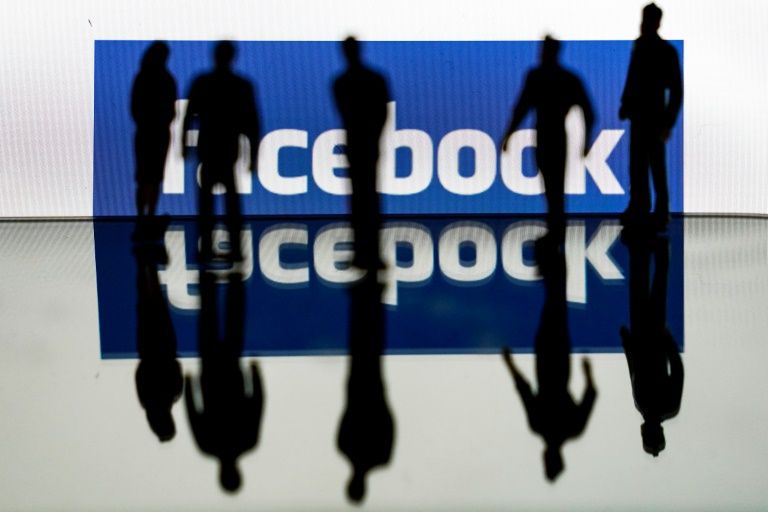Facebook does not profit from hate speech, says India chief
Mumbai (AFP) – Facebook does not profit from hate speech, the tech giant’s India chief said Wednesday, rejecting allegations the Silicon Valley firm failed to act on the issue over business concerns.
India is the biggest market for the US-based company and its messaging service WhatsApp in terms of users, and the firm is under pressure worldwide over the policing of hate speech.
Facebook has been embroiled in a huge row in the South Asian nation after the Wall Street Journal reported in August that the company failed to remove anti-Muslim comments by a politician from the Hindu nationalist ruling party in order to protect its business interests.
“It’s not good for us, not for people on the platform. There is no constituency that benefits from hate speech,” Facebook India Managing Director Ajit Mohan told The Times of India.
He added that the company was doing everything possible to “keep all kinds of harm away from the platform”.
The comments came a day after Mohan failed to appear before a Delhi panel probing allegations that Facebook had deliberately ignored instances of hate speech on its platform.
The firm is also being questioned by a Indian parliamentary committee over its alleged political bias.
More than 40 rights groups worldwide have written a letter to Facebook chief executive Mark Zuckerberg demanding that India public policy head Ankhi Das be sidelined, pending the outcome of a civil rights audit, for allegedly failing to address anti-Muslim hate speech on the platform.
Das reportedly told staff that punishing violations by politicians from the ruling Bharatiya Janata Party (BJP) would harm the company’s business prospects in India.
Mohan said Das was not responsible for any decisions governing hate speech.
“It’s important to highlight that the public policy team that Ankhi leads as part of my team is separate from the content policy team that enforces these decisions,” he said.
“The bias is for more speech to be on the platform than less,” he said, adding that the company did not want to enable the “censorship of speech from elected officials or political leaders”.
Following a media storm over its alleged failure to act against BJP lawmaker Raja Singh, who called for Rohingya Muslim refugees from Myanmar to be shot, the firm banned him from Facebook and Instagram this month.
Facebook said he was barred under its “dangerous individuals and organisations” policy.
Disclaimer: Validity of the above story is for 7 Days from original date of publishing. Source: AFP.


